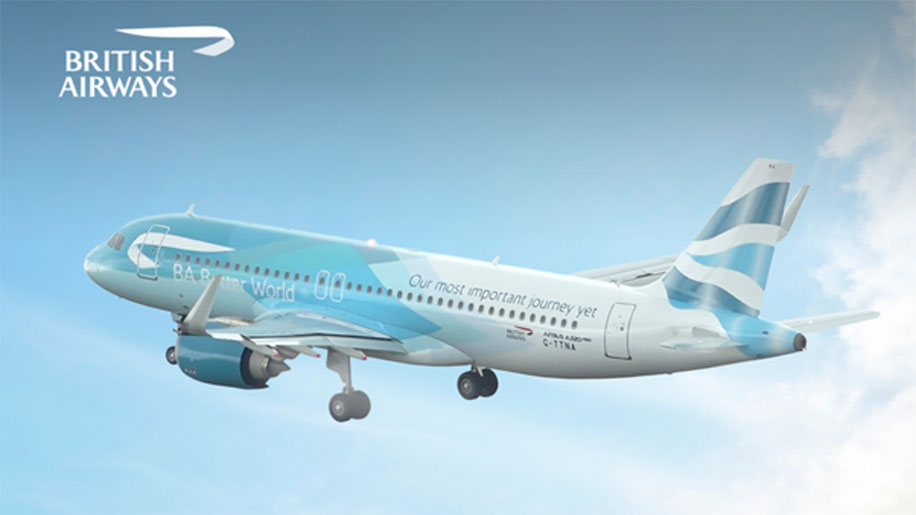The airline says that “Both carbon offsets and carbon removals are important for meeting global climate goals, but the expectation among United Nations climate scientists is that over time, there will be a gradual transition towards supporting more carbon removals as the technological solutions, verification standards and policy support mechanisms mature.”
The two carbon removal projects are
The Blue Carbon Mangrove Project is a nature-based project (where plants absorb carbon from the atmosphere through photosynthesis) in the Indus Delta Area in Pakistan. The project will support greenhouse gas removal by reforestation and revegetation of approximately 225,000 hectares of degraded tidal wetlands with mangrove and other species to absorb carbon dioxide, stabilise the area and protect the coastal area and communities.
The Freres Biochar project in Oregon, USA, sees the company’s biomass power production plant produce biochar, a carbon-rich charcoal-like material that is created when agricultural and wood waste is used as fuel. The process locks carbon into the solid material and prevents it from naturally decaying, locking carbon away and keeping it out of the atmosphere for several hundreds of years.
Both carbon removals projects British Airways supports are certified by independent, recognised bodies. The Blue Carbon Mangrove Project is certified by VCS (Verified Carbon Standard) and CCB (Climate, Community and Biodiversity Standards). The Freres Biochar Project is certified by Puro.
Carrie Harris, Director of Sustainability at British Airways, said:
“By choosing carbon removals projects as part of their action to address the emissions associated with flying, our customers are not only joining us on our journey to a more sustainable future, but also helping accelerate the development of the vital carbon removal industry.”


